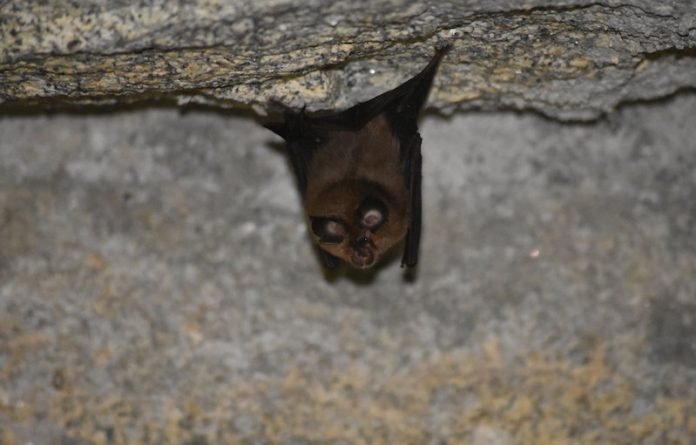
In a study from Washington State University and elsewhere, scientists found a recently discovered virus in a Russian bat that is similar to SARS-CoV-2, the virus behind COVID-19, is likely capable of infecting humans and, if it were to spillover, is resistant to current vaccines.
They found spike proteins from the bat virus, named Khosta-2, can infect human cells and is resistant to both the monoclonal antibodies and serum from individuals vaccinated for SARS-CoV-2.
Both Khosta-2 and SARS- CoV-2 belong to the same sub-category of coronaviruses known as sarbecoviruses.
The team says the discovery of Khosta-2 highlights the need to develop universal vaccines to protect against sarbecoviruses in general, rather than just against known variants of SARS-CoV-2.
While hundreds of sarbecoviruses have been discovered in recent years, predominantly in bats in Asia, the majority are not capable of infecting human cells.
The Khosta-1 and Khosta-2 viruses were discovered in Russian bats in late 2020, and it initially appeared they were not a threat to humans.
Genetically, these weird Russian viruses looked like some of the others that had been discovered elsewhere around the world, but because they did not look like SARS-CoV-2, no one thought they were really anything to get too excited about.
When the scientists looked at them more, they were really surprised to find they could infect human cells.
That changes a little bit of the understanding of these viruses, where they come from, and what regions are concerned.
The team determined Khosta-1 posed a low risk to humans, but Khosta-2 demonstrated some troubling traits.
The team found that like SARS-CoV-2, Khosta-2 can use its spike protein to infect cells by attaching to a receptor protein, called angiotensin-converting enzyme 2 (ACE2), found throughout human cells.
They next set out to determine if current vaccines protect against the new virus.
Using serum derived from human populations vaccinated for COVID-19, the team saw that Khosta-2 was not neutralized by current vaccines.
They also tested serum from people who were infected with the omicron variant, but the antibodies, too, were ineffective.
Fortunately, the new virus is lacking some of the genes believed to be involved in pathogenesis in humans. There is a risk, however, of Khosta-2 recombining with a second virus-like SARS-CoV-2.
If you care about COVID, please read studies about existing drugs that can kill COVID-19 virus, and your genes and blood type may help predict your risk of severe COVID-19.
For more information about COVID, please see recent studies about the cause of severe inflammation in COVID-19, and results showing this drug duo could help cure COVID-19.
The study was conducted by Michael Letko et al and published in the journal PLoS Pathogens.
Copyright © 2022 Knowridge Science Report. All rights reserved.



